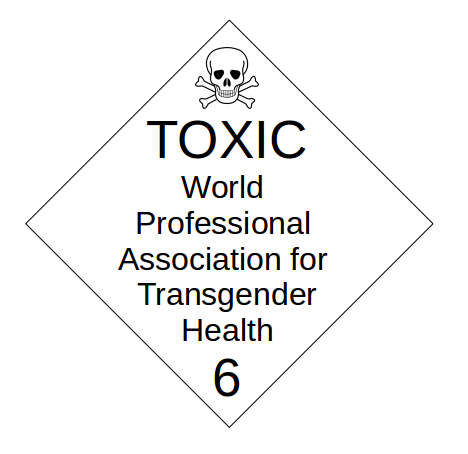Belgium: Experts Call for Caution and Debate on Youth Gender Transition and Sex Erasure
Belgian doctors, academics and lawyers publish an open letter sounding the alarm on gender transition and self-ID

An open letter titled “Is it justified, and desirable, to allow children and adolescents the right to change gender based only on feeling?” was published yesterday 7 July in La Libre, one of Belgium’s most widely read daily newspapers. The letter was drafted by the Belgian branch of the organisation L’Observatoire La Petite Sirène, an offshoot of a French collective of the same name that raises awareness of the dangers of social media and militant activism for young people.
“Today, there are more and more young people… who say they ‘feel’ they don’t match their anatomical sex. Is it love, and are we being responsible adults, if we immediately and unconditionally grant them this power of self-determination?”
The article questions the role of adults in guiding and helping young people who claim transgender identity, and raises the dangers of the affirmation-only model. “Shouldn’t we be asking ourselves how it is that such a conviction has become so frequent in such a short time?”
The authors ask “that these essential questions be debated rationally” by questioning and untangling their ideological underpinnings. “How is it that in Belgium, considered one of the most democratic countries in the world, the majority of citizens have not had a say?”
Disappearing categories
On the same day, one of the article’s authors published an open letter in the same publication criticising the government’s plan to remove reference to biological sex on identity cards. Well-known professor emeritus Jean-Louis Renchon asked if the consequences of the creeping disappearance of our sexed reality in official records have really been considered.
According to news reports, references to a person’s sex will soon disappear from Belgian identity cards as part of the government’s solution to stop the exclusion of non-binary people. After first considering allowing for the gender ‘x’ to appear on the cards, it was then decided to completely abolish the display of sex altogether.
“What is disconcerting,” says Mr Renchon’s letter, “is that even though, in the spirit of openness that characterises our democratic societies, as we prepare to take into account the wishes of those who no longer want to be identified as women or men, some now seem to be demanding that none of us be identified in society as a woman or a man and, in the process, as a mother or a father.”
“Just think of all the provisions that take into account the existence of women and men, such as the (Belgian federal law on the elimination of all forms of discrimination against women), the provisions governing maternity and paternity, or those that are intended to prevent femicide.”
Gender, the media, and children
The professionals behind the La Libre articles also launched a petition and manifesto, supported by a larger, Europe-wide network, titled “A European manifesto for an objective approach to "gender change" of minors in the media.”
The manifesto, signed by scientists, doctors and academics of the humanities and social sciences calls upon the public service and private media of France, Belgium, Germany, the United Kingdom, Switzerland and other European countries “to faithfully represent serious studies and scientifically established data concerning ‘gender dysphoria’ of children in programs intended for a large audience.”
“We do not choose our sex”
Gender reassignment is often presented as a miracle solution to the problems of adolescence in the media, the authors claim. “This has resulted in an increased number of young people who self-identify as ‘trans’ - the number of requests has increased twenty-fivefold in less than ten years. At the same time, under the guise of tolerance, a ‘sexual education’ is being developed in schools from primary school onwards, which in no way takes into account the psychological immaturity of children, exposing them to intrusive and confusing content that serves this ideological agenda,” they say.
“As scientists, childcare professionals and academics, we strongly disagree with the assertion that women and men are merely social constructs or perceived identities. We do not choose our sex. One is born a girl or a boy. One's sex is established at birth and registered and each person constructs an identity that is never fixed and that evolves over time, something which is too often ignored. One can change the appearance of one's body but never its chromosomal basis.”
Do you want to bring the "gender madness" to an end? Help us write about it! 4W is able to pay our all-female staff and writers thanks to the generous support of our paid monthly subscribers.
Enter your email below to sign in or become a 4W member and join the conversation.
(Already did this? Try refreshing the page!)




Comments